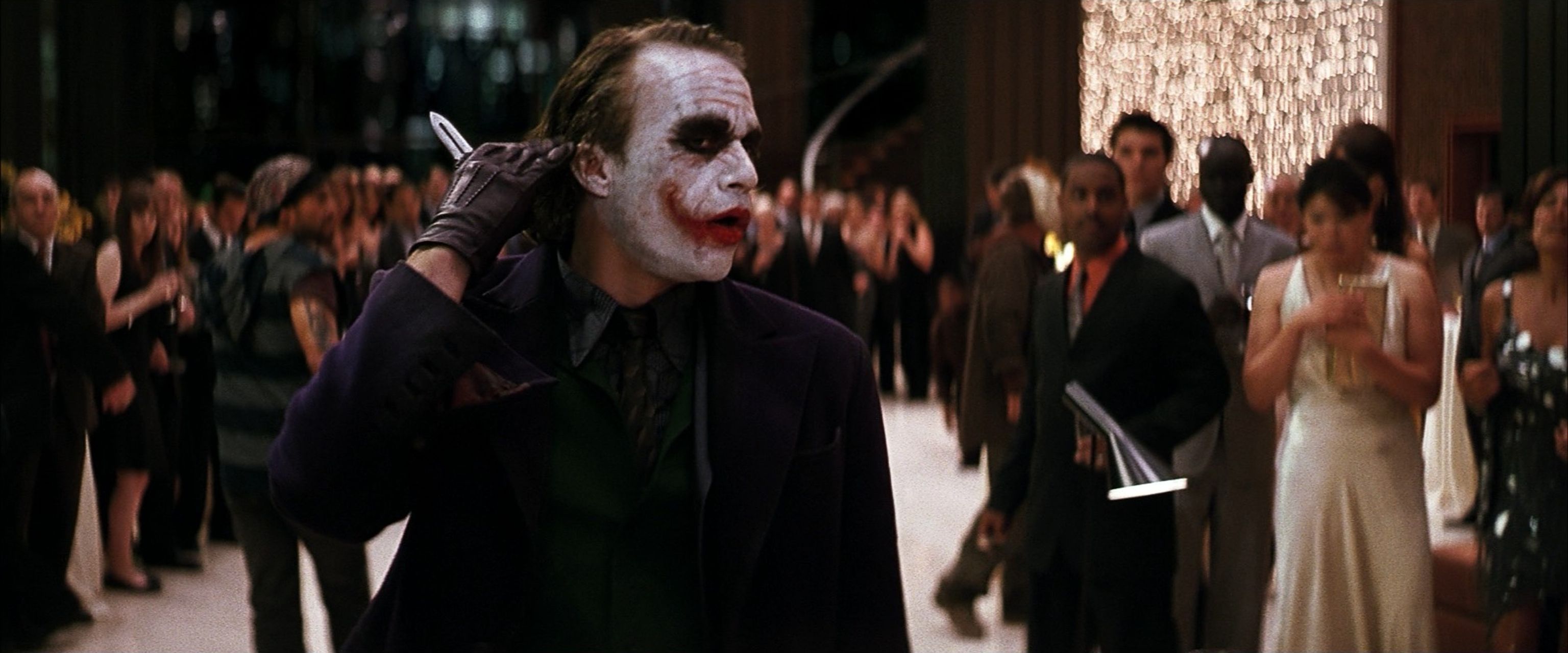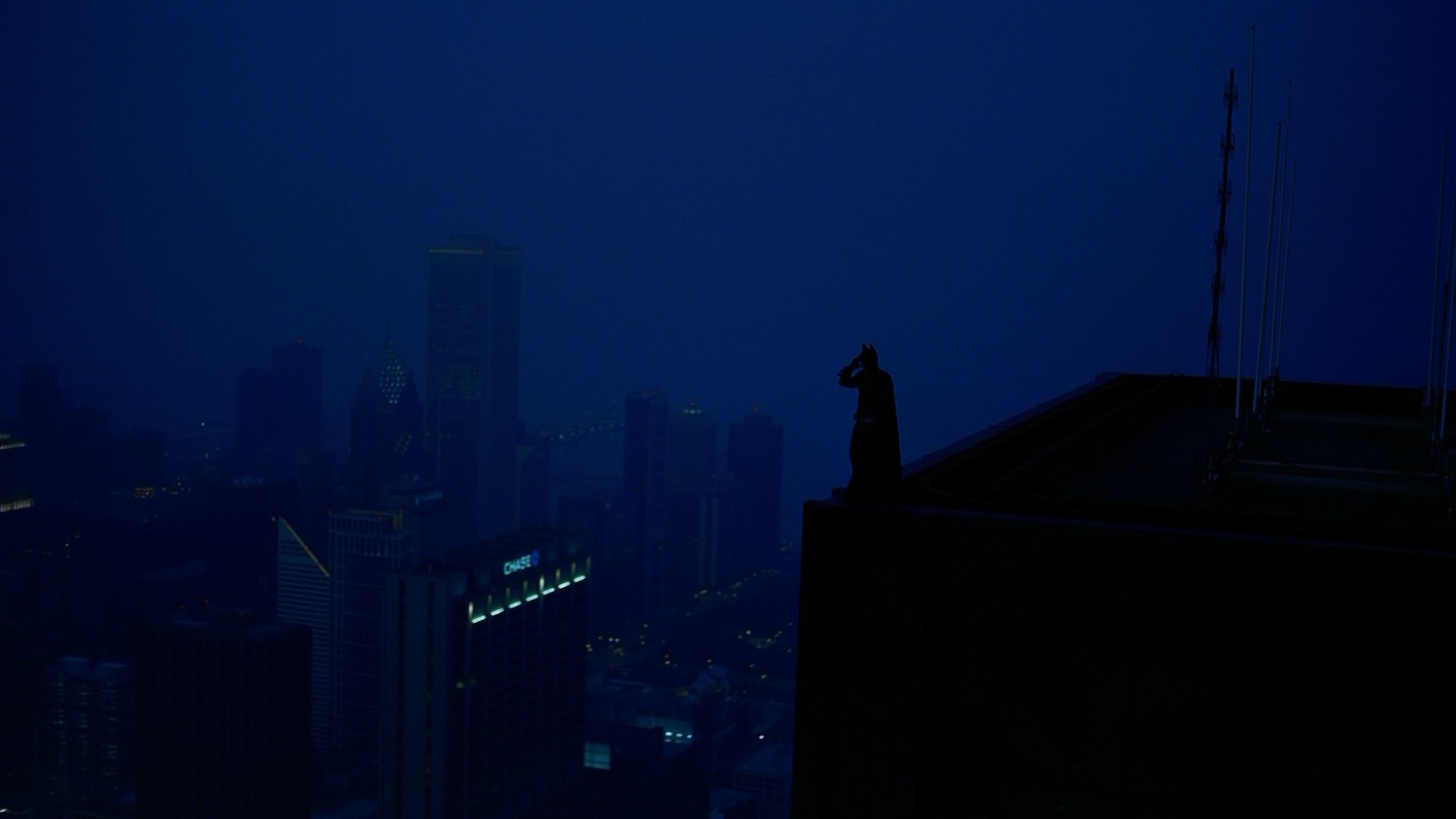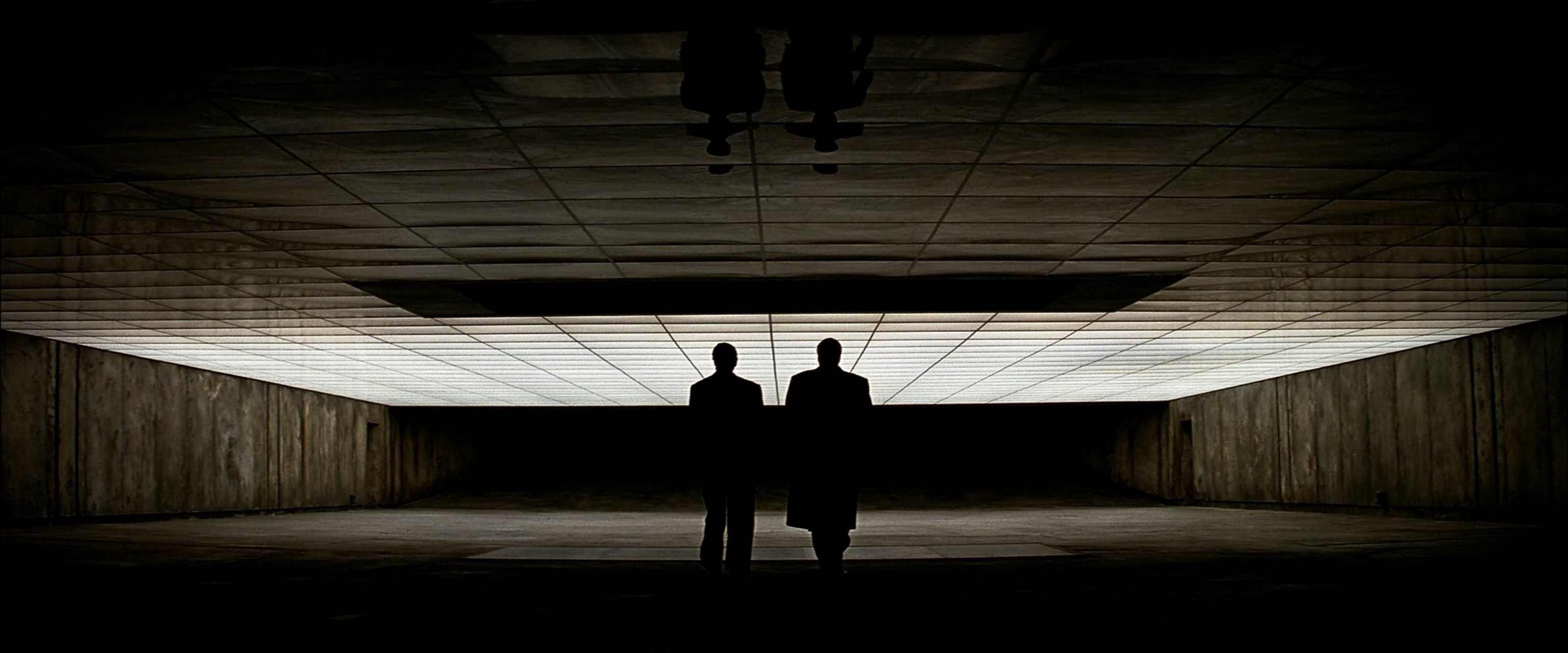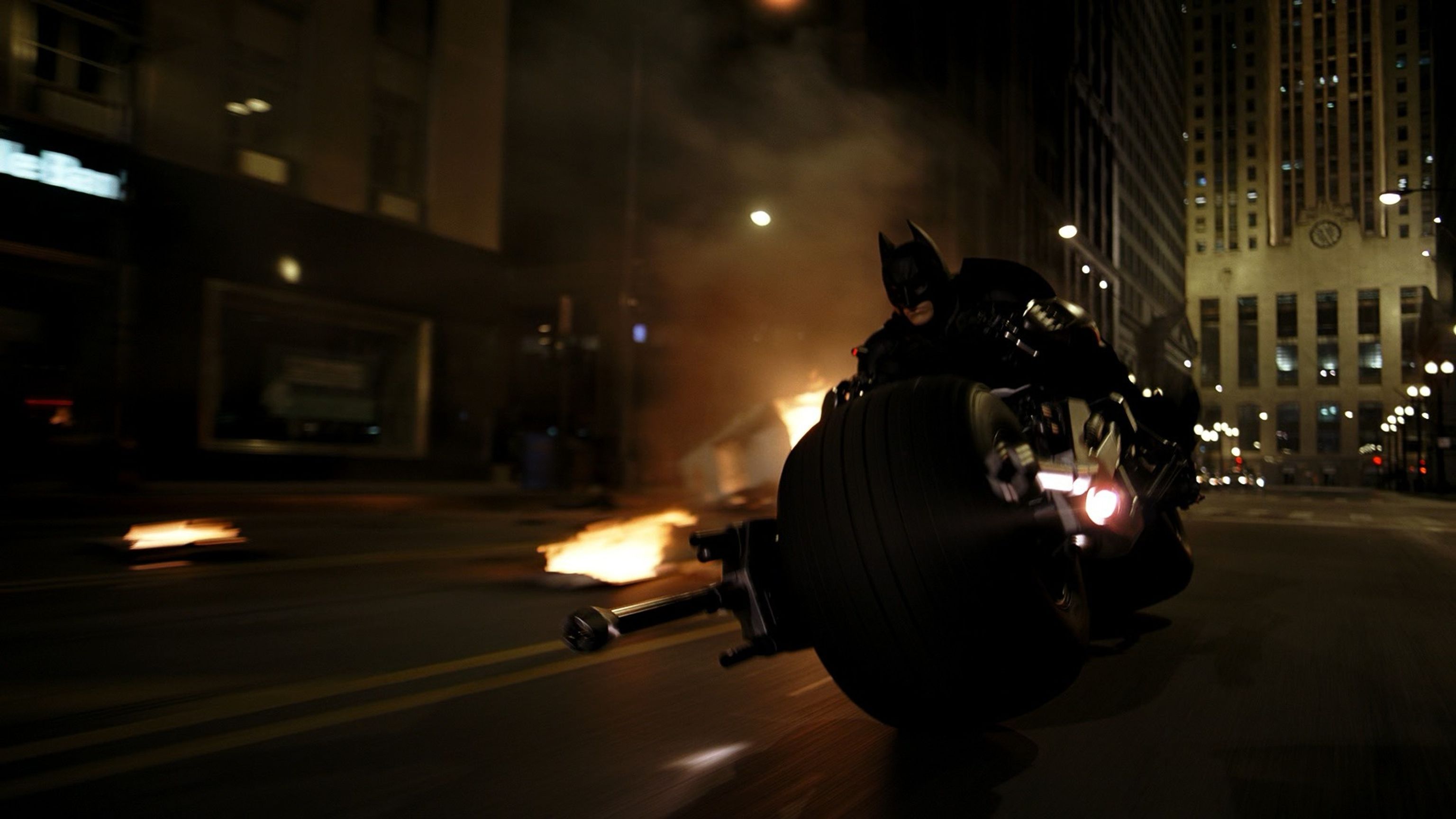Christopher Nolan
The Dark Knight
- DirectorChristopher Nolan
- CinematographerWally Pfister
SALOMON LIGTHELM For me, this film was proof that genre can carry real weight. Ledger’s Joker embodied chaos in a way that was terrifying and magnetic. Beneath the spectacle, it’s a story about how fragile our systems of order are - something I think about a lot in my own work.
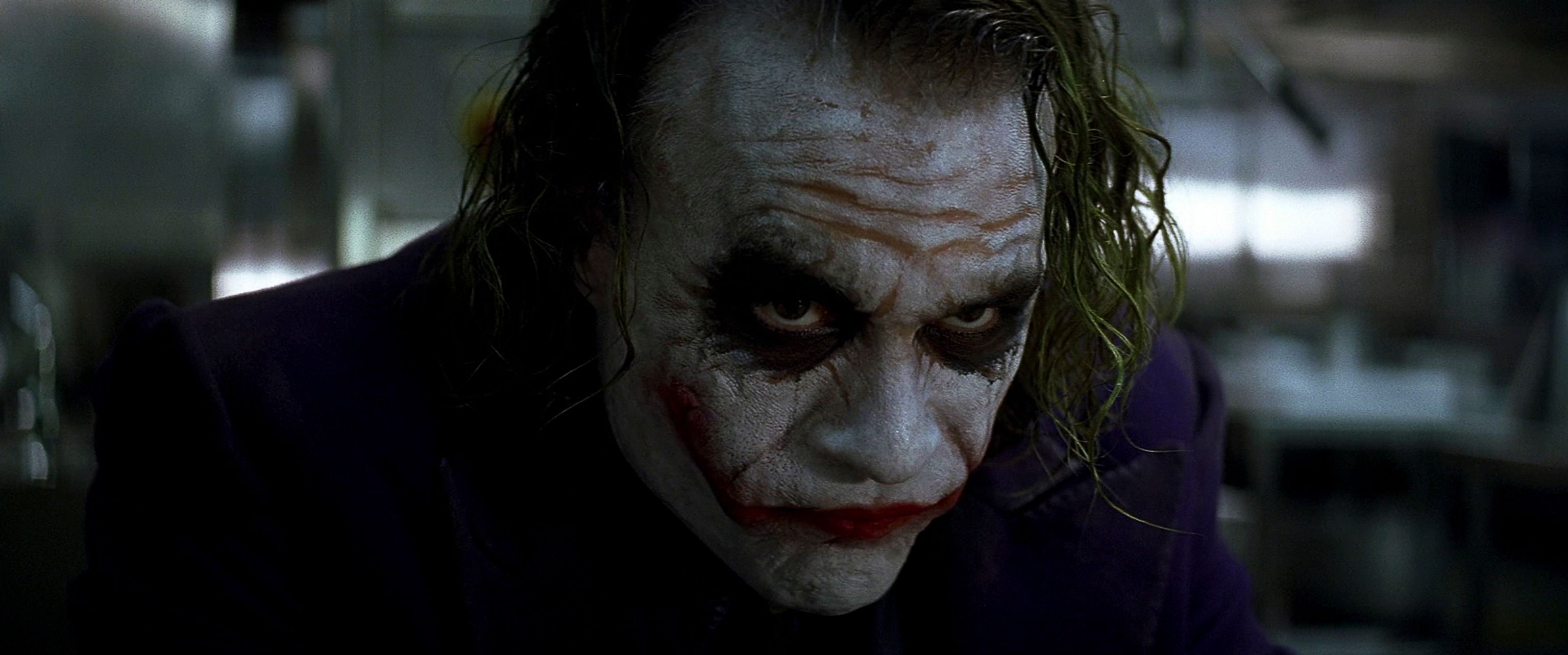
Storyline
The Dark Knight (2008), directed by Christopher Nolan and co-written with Jonathan Nolan, follows Batman, police lieutenant James Gordon, and district attorney Harvey Dent as they attempt to dismantle organized crime in Gotham City. Their efforts are thrown into chaos by the Joker, an unpredictable mastermind who challenges the moral foundations of the city. Batman confronts the limits of his own code, while Dent transforms from Gotham’s “White Knight” into a vengeful figure. The film examines themes of justice, corruption, and duality, presenting a tense and gripping narrative that balances thrilling action with psychological depth.
Story behind the film
The making of The Dark Knight reflects Christopher Nolan’s ambition to elevate the superhero genre through realism and psychological complexity. Inspired by 1980s Batman comics, crime dramas, and the moral duality of his characters, Nolan and co-writer Jonathan Nolan spent months developing the screenplay, refining the story to balance high-stakes action with character-driven tension. The Joker was deliberately written without a backstory, enhancing his unpredictable and menacing presence, while practical effects and on-location shoots in Chicago, Hong Kong, and England reinforced the film’s grounded tone. The production’s meticulous attention to detail - from large-scale stunts to realistic set design - helped create a cinematic world that feels both immersive and intensely personal, establishing the film as a landmark in modern superhero storytelling.
Legacy
The Dark Knight is widely regarded as a transformative work in both the superhero genre and modern cinema. Heath Ledger’s portrayal of the Joker earned widespread acclaim, winning posthumous Academy, BAFTA, and Golden Globe awards for Best Supporting Actor.
The film received eight Oscar nominations in total, including Best Cinematography, and became a cultural touchstone for its mature exploration of morality, chaos, and heroism. Its influence extends beyond superhero films, inspiring filmmakers to adopt darker, more psychologically complex approaches to genre storytelling. Selected for preservation in the U.S. National Film Registry in 2020, The Dark Knight remains a benchmark for narrative ambition, character depth, and cinematic craft.
Cinematography
Wally Pfister’s cinematography plays a vital role in shaping the film’s intense atmosphere. Gotham’s cityscape is rendered with striking depth and texture, balancing sweeping action sequences with intimate character moments. The on-location shoots in Chicago, Hong Kong, and England add authenticity and scale, while the interplay of shadow, contrast, and muted tones reinforces the story’s dark and tense mood. Combined with the powerful score by Hans Zimmer and James Newton Howard, the visuals create a cinematic experience that is both epic and emotionally gripping.
